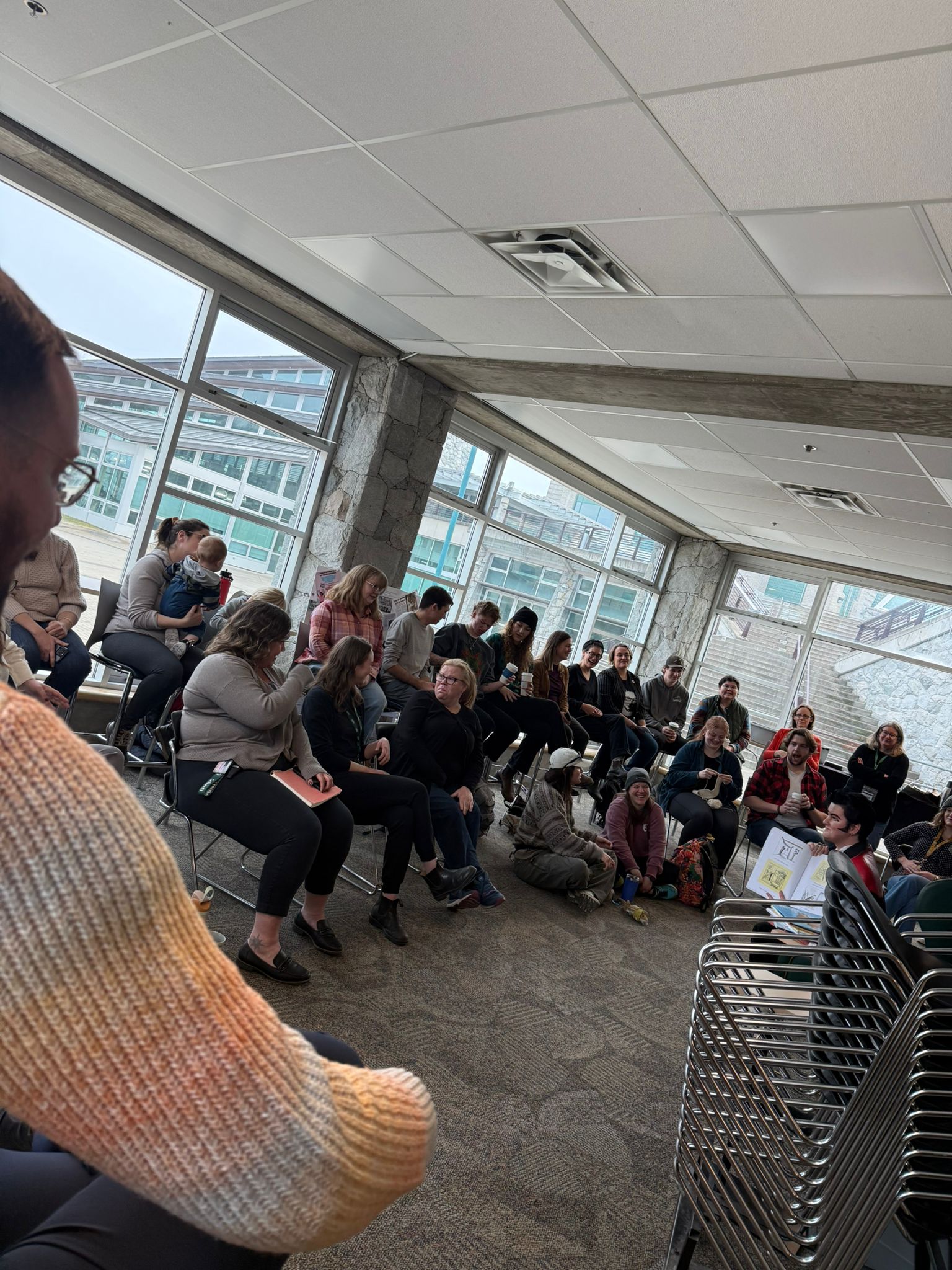When I first arrived in Canada from Bangladesh, all my planning, excitement, and confidence as a Master’s student seemed to disappear in the cold air. My first night in residence, the room was quiet. Too quiet. Back home, I was used to lively street sounds, family conversations, and knowing loved ones were always nearby. That night, I realized this wasn’t just a trip. This was my new life, and the distance from home suddenly felt enormous.
If you’re reading this, you might be nodding along. Maybe that heavy, sinking feeling of homesickness is weighing on you right now. You’re not alone. Every international student experiences this, no matter how confident they seem. It’s normal, it’s tough, and you can get through it.
This isn’t an academic paper. I want to share what has helped me and what can help you too. These aren’t perfect solutions, but small ways that make daily life easier.
What You’re Feeling is Valid
Before we get to the how-to, let’s talk about the feeling itself. Homesickness isn’t just missing your family, though that’s a huge part. It’s an accumulation: missing comfort foods and familiar smells, culture shock fatigue from constantly navigating new social norms, the loss of your familiar routine, and sometimes guilt for feeling sad when you know how lucky you are to have this opportunity.
Your task right now is to accept this feeling. Tell yourself, “Okay, I feel sad and I miss home. This is temporary, not permanent.” Acceptance is the first step toward moving forward.
Five Practical Pillars
When homesickness hits, it often makes you want to curl up in bed and watch old movies. Fight that impulse with action.
Pillar 1: Recreate Home, Don’t Replace It
You can’t bring your entire house to Canada, but you can bring the essence of home into your new space.
Use your senses. Buy a scented candle from home or find laundry detergent similar to what your family uses. Learn to cook three of your absolute favourite comfort dishes. Take time to find the right ingredients. Even a perfect plate of rice and simple curry is a huge win against homesickness.
Create a corner that reminds you of home. Put up photos, use a blanket from your family, maybe set a clock to your home time zone. This isn’t ignoring Canada, it’s making a safe space when everything feels overwhelming.
Schedule calls home instead of calling randomly. Pick a time that works despite time differences. Share small, genuine moments, not just complaints about assignments. Show your family that life is moving forward.
Pillar 2: The Canadian Immersion Challenge
Homesickness grows when you’re alone. The best way to fight it is to get involved.
It’s comforting to stick only with people from your home country or region, and you need that bond. But push yourself beyond it. Ask a local Canadian student about their favourite coffee shop or where to buy the best winter jacket. Join a non-academic club: hiking, yoga, volunteering, badminton. Shared interests help you make real friends and new memories.
Explore your new city like a tourist. Every Saturday, give yourself a mission: visit a new park, museum, neighbourhood, or local market. You’ll stop seeing the city as just the place where you’re lonely and start seeing it as somewhere full of opportunities.
Pillar 3: Routine is Your Shield
Losing your familiar routine is one of the hardest parts. When life feels chaotic, creating a simple routine gives your mind stability.
Establish a morning routine. Wake up at the same time, make your bed (a small win), eat breakfast, get ready. Even without morning classes, a clear start prevents hours from blurring into an overwhelming haze.
Create dedicated study blocks and stick to them. The more productive you are, the less time your brain has to wander into sad, nostalgic thoughts. Schedule non-negotiable slots for exercise, reading, or music. This isn’t luxury, it’s mental health maintenance.
Pillar 4: The Power of Peer Support
No one understands your situation better than another international student. Find one or two others going through the transition. They don’t have to be from your country. Meet weekly for a “homesick huddle” where you can share struggles without judgment.
Have a potluck where everyone cooks a simple dish from their home country. This low-pressure event celebrates your culture while creating new bonds.
Use university resources. Visit the International Student Office. They run workshops, events, and peer mentorship programs that connect you with students who’ve successfully gone through what you’re feeling now.
Pillar 5: Be Kind to Your Future Self
When you’re feeling down, it’s easy to skip meals, stay up late, or spend too much time alone. Take care of the basics.
Try to keep a regular sleep schedule. Not getting enough sleep makes everything harder. If you have trouble sleeping, write down three things you’re grateful for before bed, even small ones like finishing an assignment or catching the bus on time.
Move your body. You don’t need a gym. Just walk: to the library, around the park, up and down the stairs. Physical movement helps your brain release mood-improving chemicals.
If feelings of sadness persist, disrupt your sleep, or impact your academic performance, seek help from your university’s counselling services. Using professional support isn’t weakness, it’s resilience and self-awareness. It’s an investment in your wellbeing.
You’re Going to Be Okay
Homesickness is tough, but it helps you grow. When I moved from Bangladesh to Canada, I faced many challenges initially, but over time I’ve become stronger and more resilient. Missing your routines, family, and culture is normal. By embracing your new environment, you can make new friends, build confidence, and see the world in new ways.
In the end, home isn’t just a place. It’s a feeling of stability and identity you carry with you.






